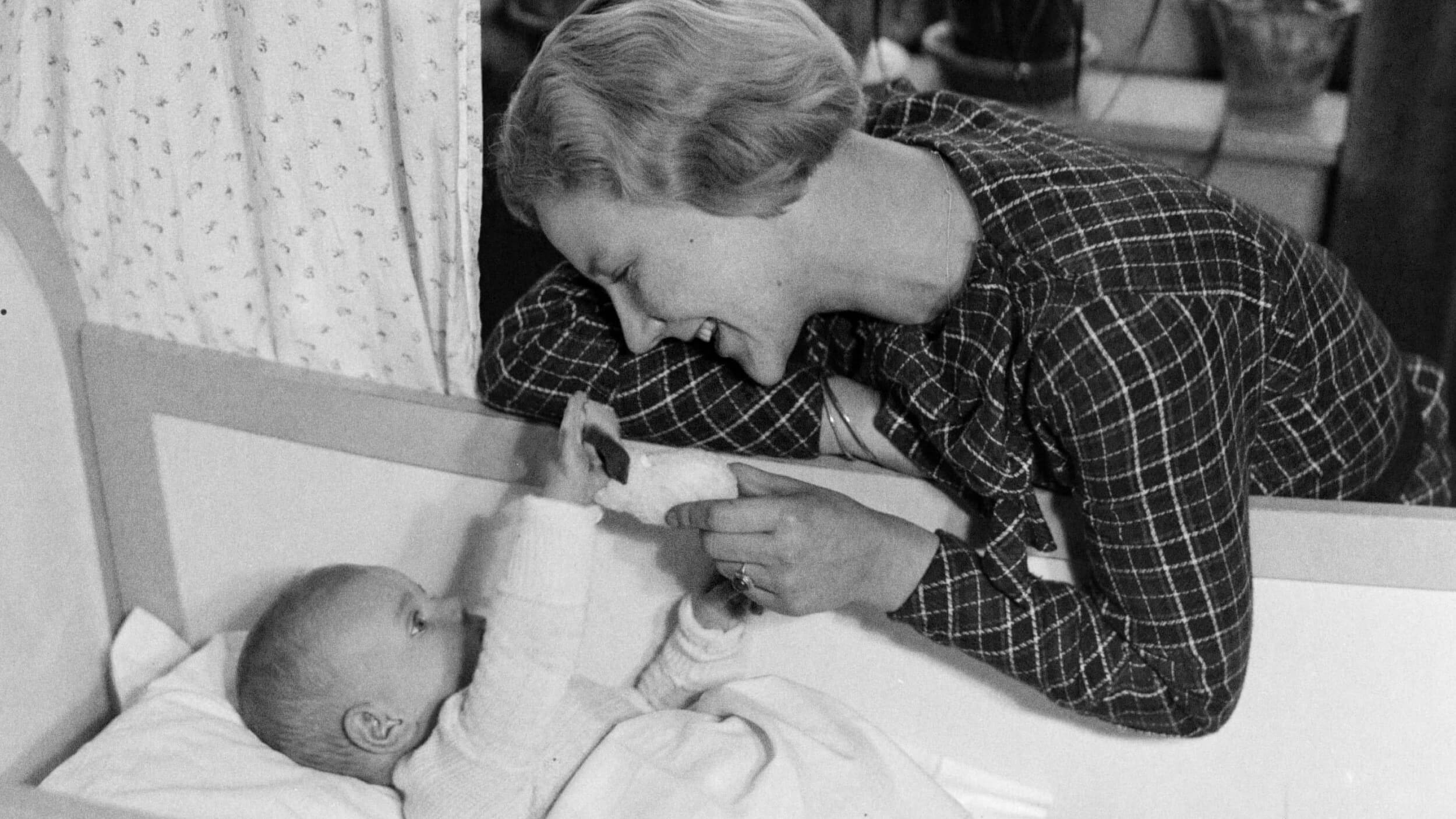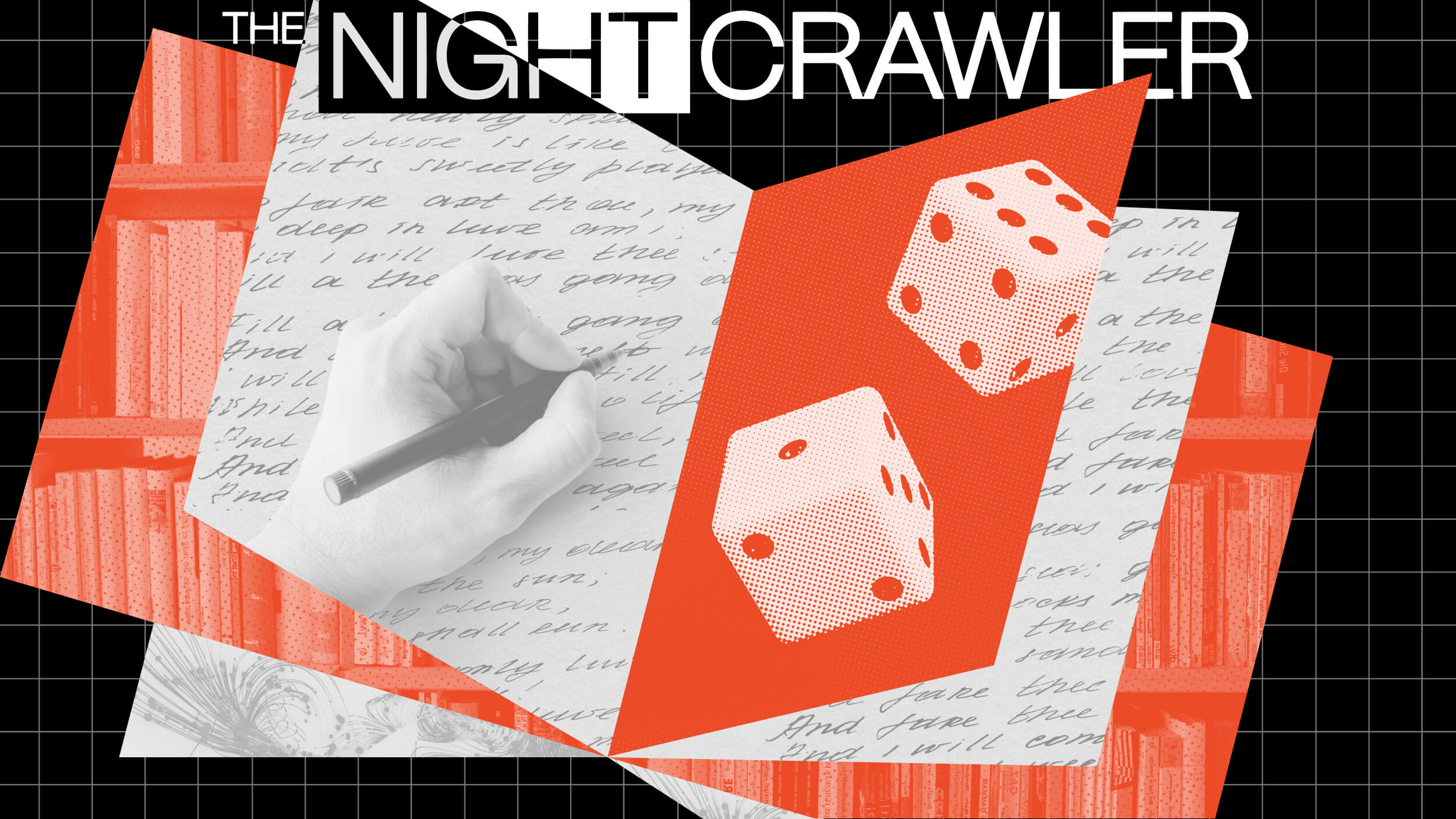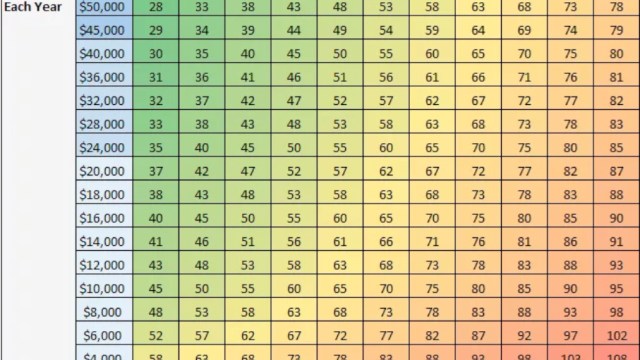How your level of self-esteem determines the success of ‘envy marketing’

When a commercial makes you feel envious, are you more or less likely to desire the product?
Your answer might depend on your level of self-esteem, according to a new study from the UBC Sauder School of Business. The findings suggest that even though envy can be an effective marketing tactic, it can also backfire among people with low self-esteem.
“Marketers often try to take advantage of consumers’ tendency to compare themselves to others. Does their neighbor’s lawn look healthier than theirs? Is their co-worker’s car more luxurious?” said study co-author Darren Dahl, professor of marketing and behavioral science at UBC Sauder. “While this strategy can sometimes work, our findings suggest that when marketers use envy to sell products, they could also end up with a bunch of sour grapes instead of sales, and potentially damage brand relationships.”
In the study, researchers conducted a series of experiments, involving more than 500 people and brands like the NHL and Lululemon, where one participant possessed a product the others desired. Those who reported being confident tended to want the desired brand and remained motivated to get it.
But participants who reported a lower sense of self-worth felt worse about themselves for not having the product and generally felt unworthy of the high-status brand. To avoid a bruised ego, they often rejected the brand altogether.
“If you have low esteem, the tactic of using envy (for) a company doesn’t work really well,” Dahl told the Star Vancouver. “People generally say, ‘Screw it, I don’t want it.’”
Interestingly, the unconfident participants were more likely to favor a desirable brand right after they were given a self-esteem boost.
It’s not the first time marketers have shown that brands can suffer when they elicit envy in consumers. In 2013, the American Marketing Association published research showing that people who try to impress others by flaunting a particular brand they really like—remember Ed Hardy t-shirts?—can actually make others dislike the brand, ultimately hurting its reputation.
“Companies need to find a way to control this type of behavior or they risk damaging their brand equity,” co-author Rosellina Ferraro wrote in an article published on the association’s website. “While companies may want to encourage consumers to highlight their brand in a way that others notice, they don’t want it done in a way that’s going to turn off other consumers.”
On the consumer side, Dahl said it’s empowering to understand how marketers play on our psychology.
“Consumers should be aware of their emotions, and how companies are using envy to elicit those emotions. When they have high self-esteem, they’re going to be excited about the product, and when they have low self-esteem, it can turn them off,” he said. “Either way, it’s empowering to know.”
The study, “Can Brands Squeeze Wine from Sour Grapes? The Importance of Self-Esteem in Understanding Envy’s Effects,” was recently published in the Journal of the Association for Consumer Research.





